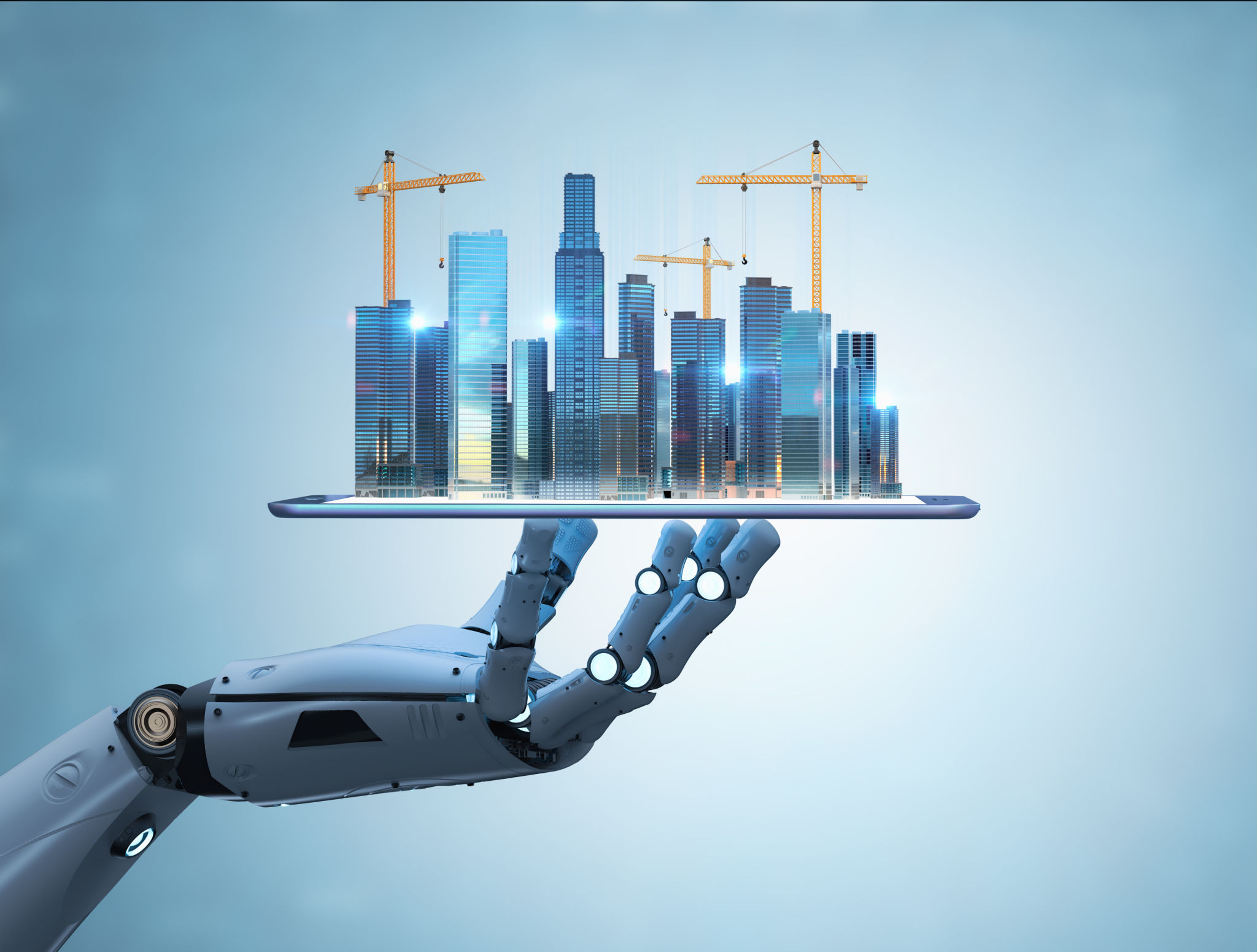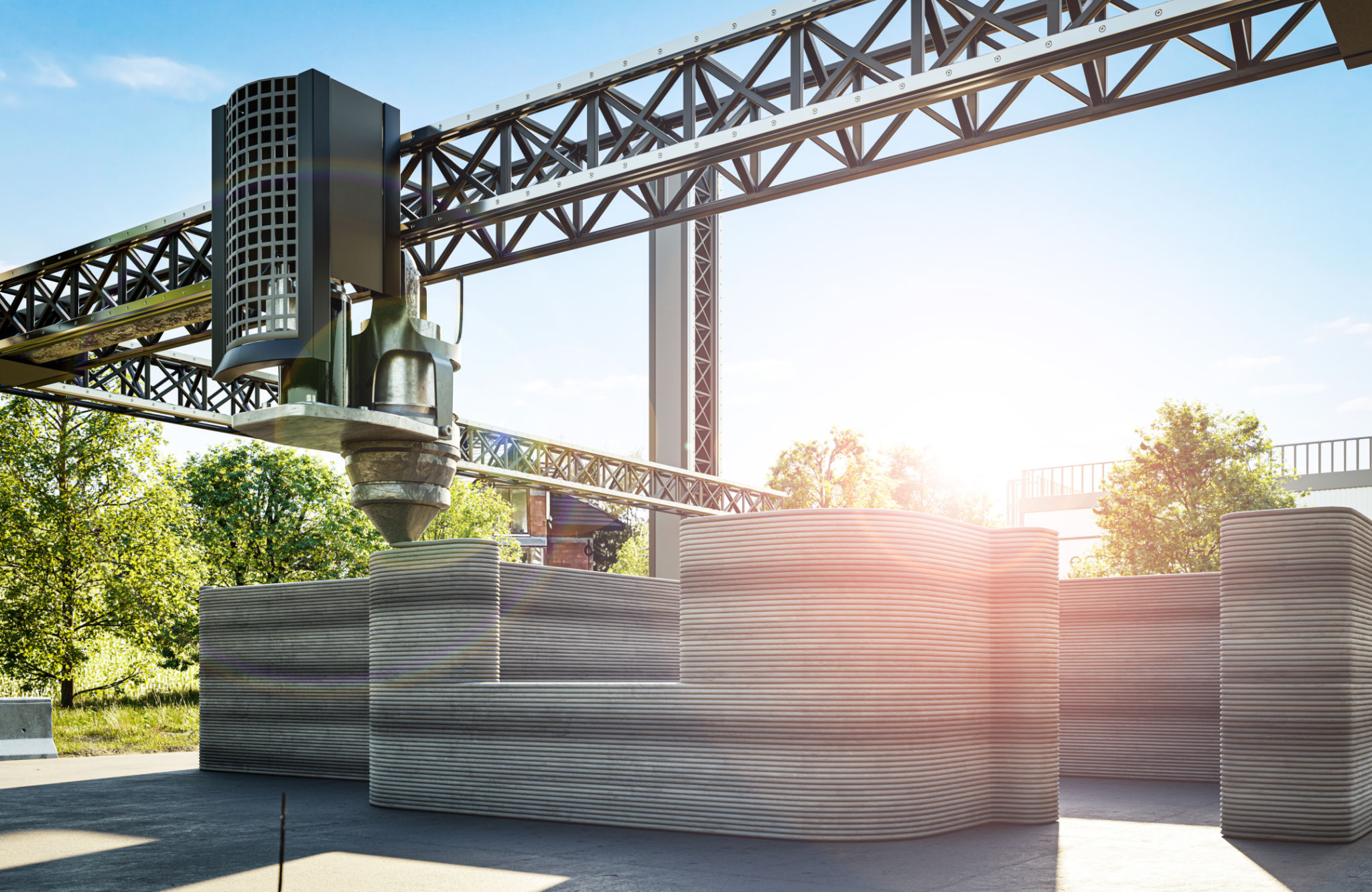Top Innovations in Commercial Construction: Building for the Future
Emerging Technologies Transforming Commercial Construction
The commercial construction industry is experiencing a significant transformation, thanks to the integration of cutting-edge technologies. These innovations are not only enhancing efficiency but also paving the way for more sustainable and resilient buildings. From smart materials to advanced robotics, these advancements are shaping the future of construction.
Smart materials have become a game-changer in the industry. Materials that can adapt to environmental changes, like self-healing concrete and energy-efficient glass, are increasingly being used. These materials help in reducing maintenance costs and improving the longevity of buildings.

Robotics and Automation
Robotics and automation are revolutionizing the construction process. Robots are now capable of performing tasks that were once labor-intensive, such as bricklaying and welding. This not only speeds up the construction process but also minimizes human error, leading to more precise outcomes.
Automation is also making its way into construction planning and management. Software tools that utilize artificial intelligence (AI) can predict project timelines and costs more accurately, helping managers make informed decisions and reduce delays.

Building Information Modeling (BIM)
Building Information Modeling (BIM) is another significant innovation impacting commercial construction. BIM allows for the creation of detailed digital representations of buildings, which can be used for analysis and planning throughout the lifecycle of a project. This technology enhances collaboration among architects, engineers, and contractors, ensuring that everyone is on the same page.
The use of BIM also contributes to sustainability. By simulating various scenarios, builders can optimize energy usage and reduce waste, leading to greener construction practices.

Sustainable Construction Practices
As environmental concerns continue to rise, the emphasis on sustainable construction practices has never been greater. Innovations such as green roofs, rainwater harvesting systems, and solar panels are becoming standard in commercial buildings. These technologies not only reduce the environmental footprint but also contribute to long-term cost savings for building owners.
Moreover, the use of recycled and locally sourced materials is gaining traction. This approach not only supports local economies but also reduces transportation emissions, further enhancing the sustainability of construction projects.

The Future of Commercial Construction
Looking ahead, the future of commercial construction promises even more exciting developments. As technology continues to evolve, we can expect to see greater integration of Internet of Things (IoT) devices, enhancing building intelligence and user experience. These advancements will enable buildings to communicate with their occupants and adapt to their needs in real-time.
The adoption of 3D printing is also expected to rise, allowing for faster, more cost-effective construction with less material waste. This technology has the potential to revolutionize how we think about building design and execution.

In conclusion, the commercial construction industry is on the brink of a technological revolution. By embracing these innovations, builders can create structures that are not only efficient and sustainable but also equipped to meet the demands of the future.
